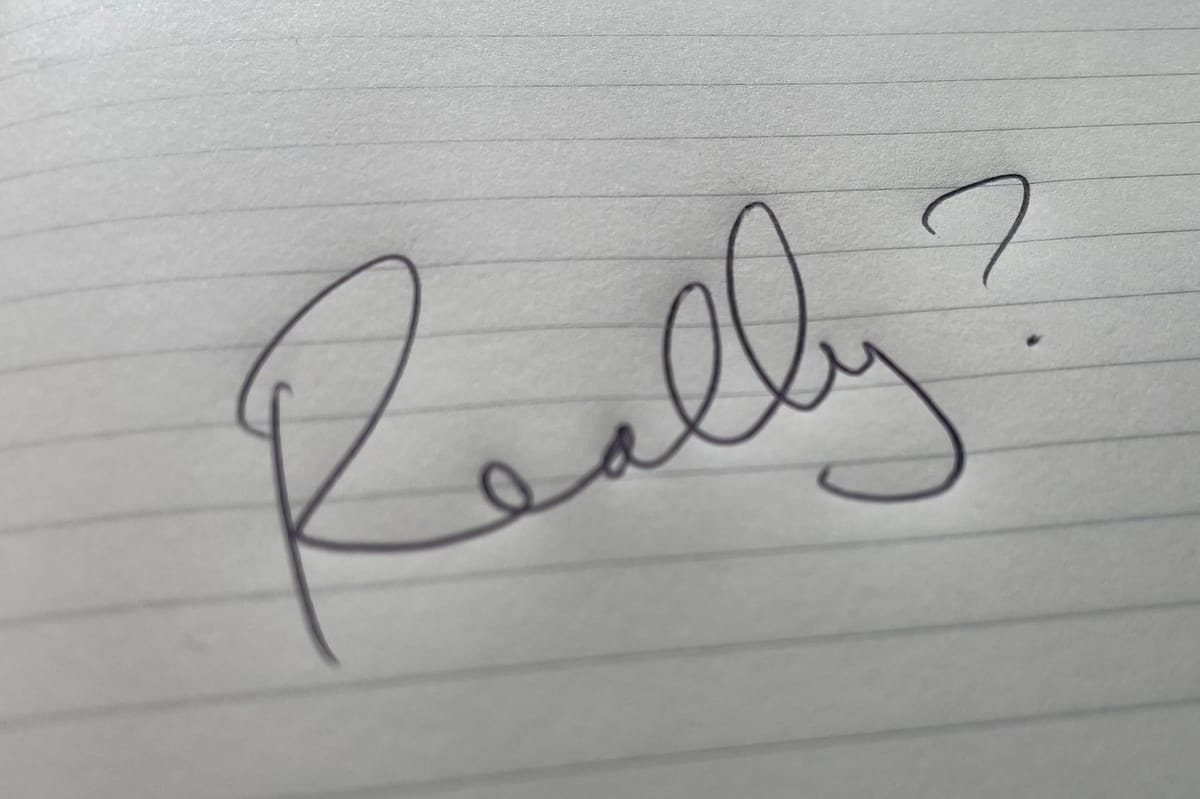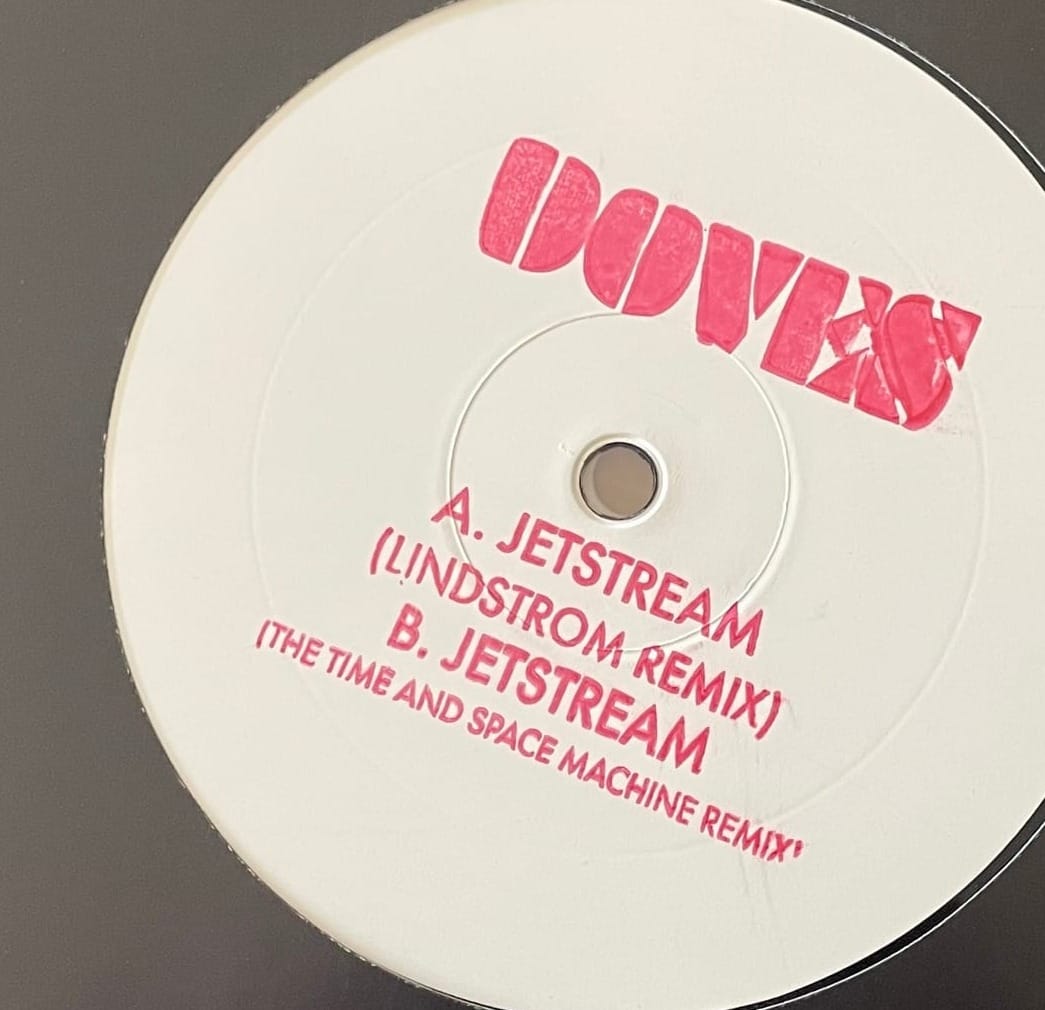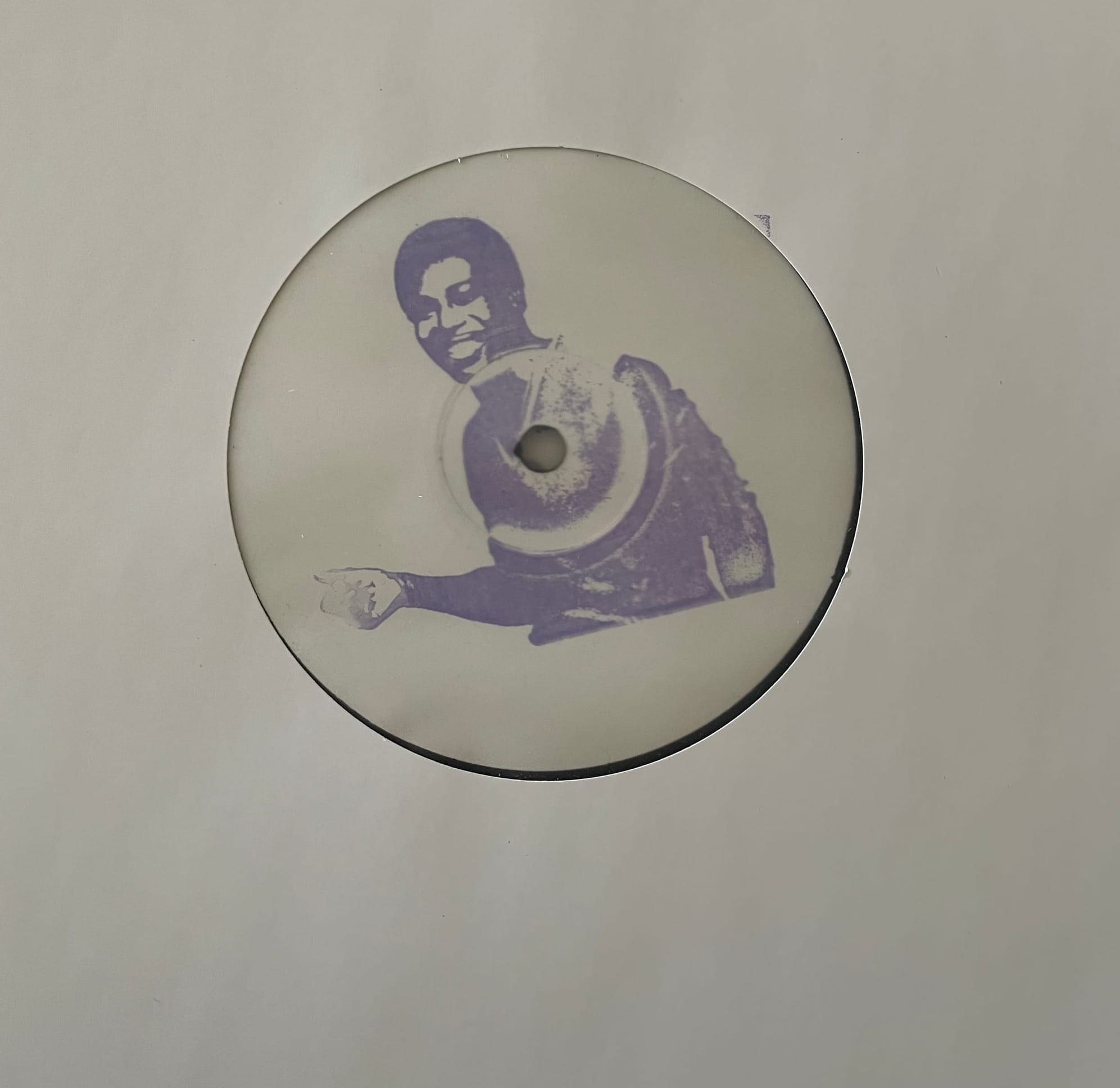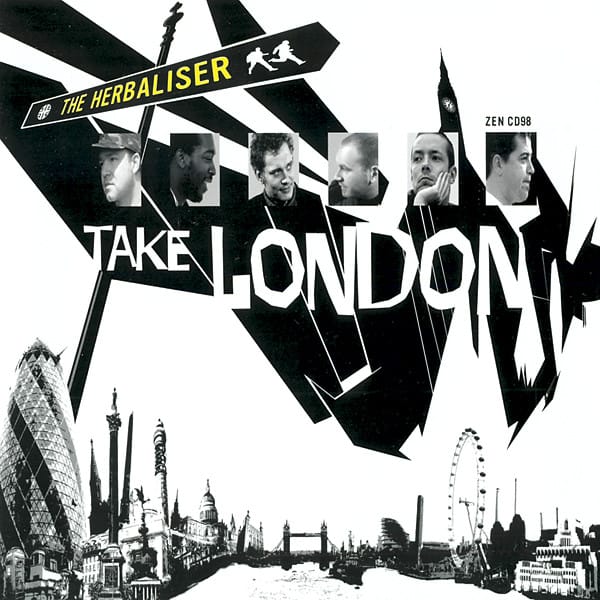"You're doing what?"

Friends never come right out and say it but I can see it in their eyes. The gentle questioning as it slowly sinks in. The slightly forced enthusiasm once it’s clear my mind’s made up.
That makes it sound like I’ve decided to BASE jump off Big Ben or broadcast my support of Palestine Action. It’s actually very tame. I’ve written a novel.
Before a long and unremarkable career in advertising and marketing, I tried to get a writing career off the ground. Recently, I returned to the idea, determined to make it work this time. Thanks to Hattie Crisell’s podcast, I discovered Curtis Brown Creative. I applied to do their Writing Your Novel course and was selected. It was a fantastic experience thanks to an amazing tutor in Charlotte Mendelson and fourteen sparky, funny and supportive classmates. If you want to write, I would thoroughly recommend it.
Now my debut novel - a tragi-comic mid-life crisis drama set in Manchester - is ready to send out on query. This is the process of submitting your manuscript to prospective agents in the hope that one will offer to represent you and find you a publishing deal. This is essential for writers who want to take the traditional route in which a publisher edits and prints your book, distributes it to bookshops and promotes it to potential readers.
I’m lucky. I already have half a foot in the door. Curtis Brown Creative is the education arm of one of the biggest literary agents in London. Over 280 of their former students have gone on to land publishing deals, many represented by Curtis Brown agents.
But not all are so fortunate. Despite this potential advantage, the submission process is still hellish. There’s lots of competition, the process is tortuously slow and trends in publishing favour certain genres of writing and types of authors. (To be clear, I'm talking about the book business in general here, not Curtis Brown.)
In an attempt to make the process slightly less hellish I'm embarking on some self-promotion. Much of the book business is driven by marketing so an author’s ability - or even just willingness - to generate their own publicity goes a long way to convincing agents and publishers to back new writers. Obviously, it’s ultimately the writing that counts. But if it’s a toss up between equally strong manuscripts, an author’s openness to playing the game can only help swing the decision. At least, this is the assumption I’m working to.
So, inspired by 'white labels' in the record business, I am printing three hundred hardback copies of my novel. Like the records that inspired me, they will have hand-stamped covers. Each cover will be subtly different, depending on placement of the hand-stamps, density of ink and so on. Each will be numbered. The aim is to produce a beautiful object in addition to - hopefully - a great story.

Which brings me back to my friends’ reactions. The traditional publishing route is largely understood by most people, even if that’s an implicit understanding. Once you explain the details it all makes sense. It’s not scary. It’s the same for self-publishing. Everyone gets that many people read books on tablets these days. Everyone understands that authors can publish their ebooks directly via Amazon. What I’m doing is neither one nor the other and I think that’s what people struggle with.

And, to be fair, I am trying to have my cake and eat it. I don’t want to shut the door to the traditional route. Many publishers are reticent to touch a book that’s already been self-published, or so I’m told. But I also want to keep the door open to self-publishing if I’m unsuccessful landing an agent.
It’s a point before the road forks. Self-promotion not self-publishing is how I'm seeing it. What’s the worst that could happen?
If you’d like to follow along as I print and hand-stamp three hundred copies, please do subscribe to receive the newsletter. I'll be publishing regular-ish updates as I go. Hope to see you there.
